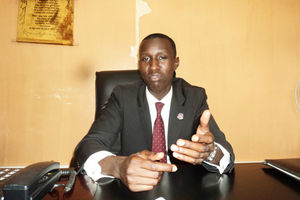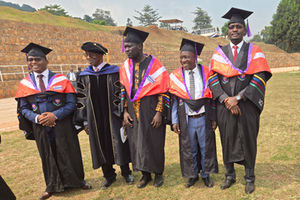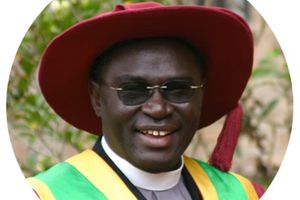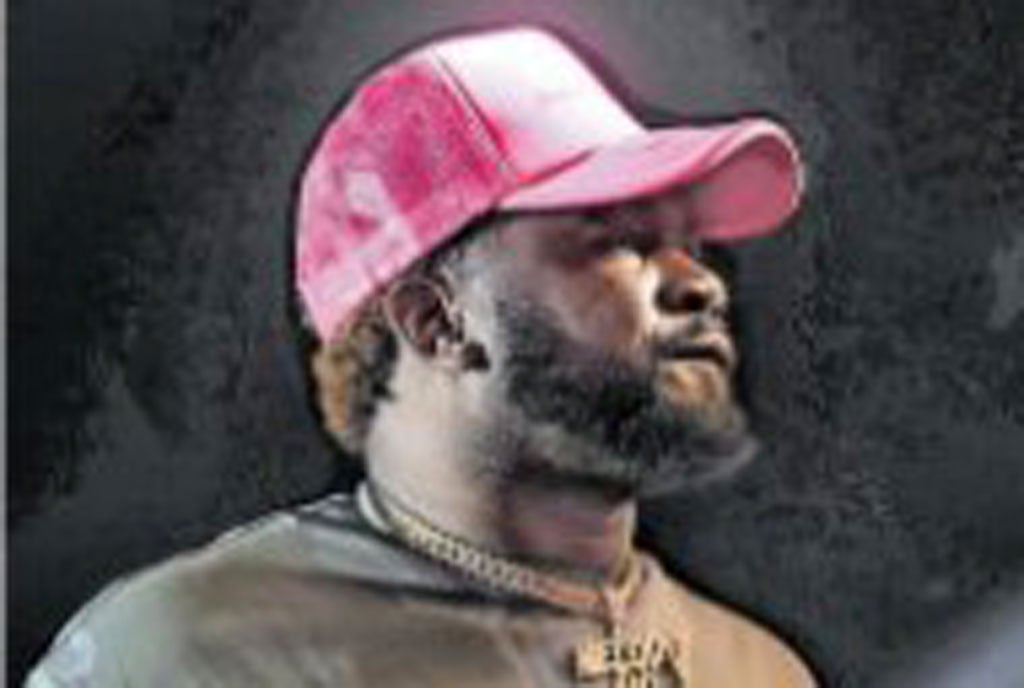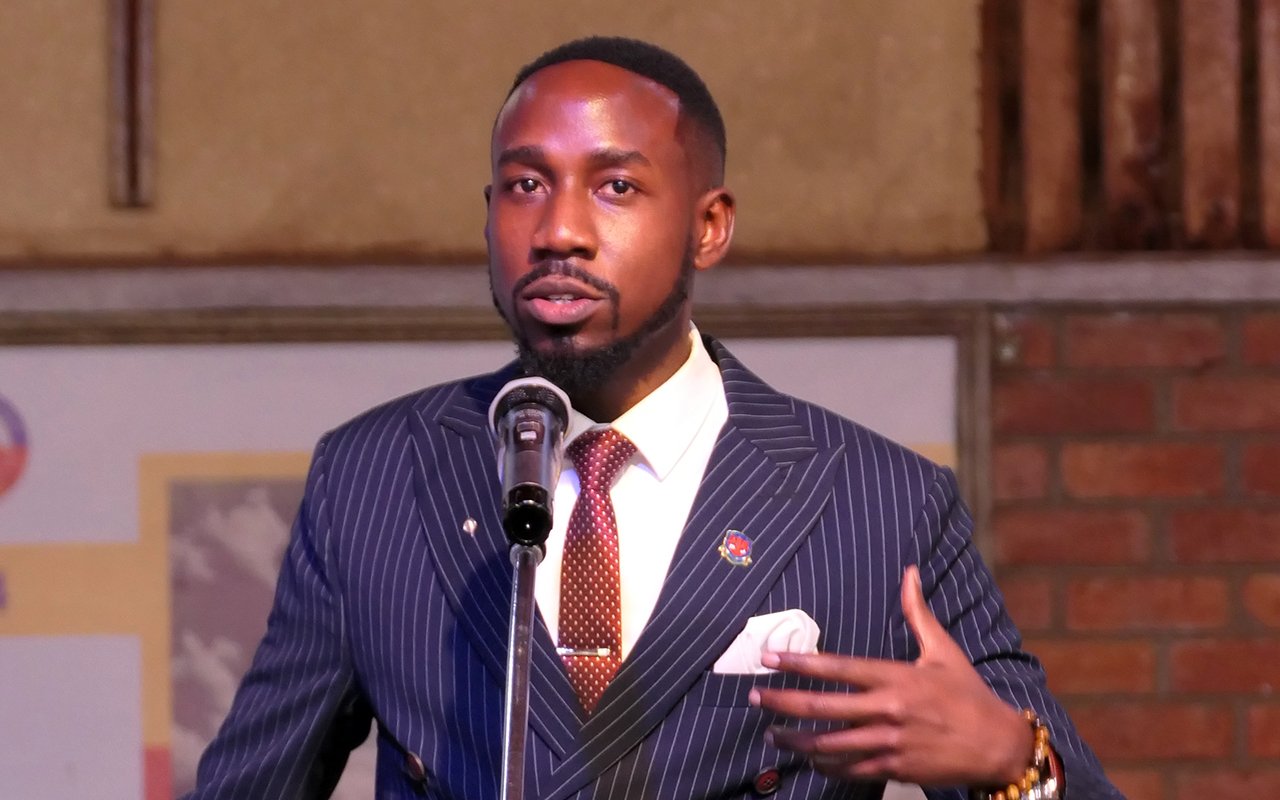
Timothy Ddumba, former guild president of Uganda Christian University, Mukono was also the best male student at the institution. Photo/Courtesy
University Guild Presidents are big dogs. They have corner offices and large desks and budgets. They have one-on-one meetings with vice chancellors and other university top leaders on behalf of entire student community. The welfare of tens of thousands of students is upon their shoulders. Their leadership skills or lack thereof improve or diminish people’s lives.
National political parties court them in efforts to capitalise on their influence. All this is on top of heading several meetings a week, lectures, coursework, discussions and tests. To say that they are busy is an understatement.
It therefore would be very understandable for a guild president to not excel at academics. They have all the excuses, frankly. Imagine a guild president who not only performs well as a leader, he also emerges as the best male student in the entire university.
It is a rare accomplishment but Timothy Ddumba, Uganda Christian University’s guild president for the year 2022/2023 managed to pull it off all right. How did he do it?

Ddumba(fourth Left) with students from the second cohort of the Future Undergraduate Experience Leadership programme (FUEL) which he founded at Uganda Christian University, Mukono.
PHOTOs/X.COM/FUEL
He knew as soon as he started university that he wanted to be the guild president. He had been a head boy in primary and secondary school. In fact, since winning the head boy elections in primary school, a dream to become president of the country was born. So, becoming guild president at university was a must on his mind. But, that paused a challenge.
“Towards the end of my first year at university, it occurred to me that I was not working hard in class yet I had plans to be a guild president. I just used to attend, be active, but do the bare minimum. I knew that being the guild president would take much of my time and my academic performance would suffer if I did not devise a strategy to do better in class.
“Then one day, that verse in Philippians 4.13, which says “You can do all things through Christ who strengthens you” came alive to me. That is when all kinds of mental limitations were lifted off my head,” Ddumba says.

Ddumba(fourth Left) with students from the second cohort of the Future Undergraduate Experience Leadership programme (FUEL) which he founded at Uganda Christian University, Mukono.
PHOTOs/X.COM/FUEL
Cracking the efficiency code
Ddumba knew he would not have enough time to sit in discussion groups or read books the moment he became guild president. And he was not willing to sacrifice his academics for political power.
“So. I ensured that I developed a habit of being the first to do assignments so that I did not put them off until it was too late. That way, I always put pressure on myself to do things fast and understand them well, because I was not going to get it from anywhere else such as discussion groups.
“In class, I started ensuring that I sat at the front, middle and centre to always pay attention and learn. And I made sure I always asked lecturers questions until I understood clearly. I pretended as though I was the only one being taught, such that the lecturers didn’t get out before I understood. And when they gave an assignment, because I knew that eventually I would be guild (sic) soon, I did them immediately because there was no time to waste. I was already campaigning,” Ddumba says.
The strategy was rolled out at the beginning of his second year, in preparation for the guild elections a few months ahead. He needed to go for guild presidency and the only way to be worthy of the position was to push hard in class and excel.
“That’s at a moral position to become guild,” he says.
Ddumba was doing a Bachelor of Science in Information Technology Engineering. His class was bent towards science, math, programming and all that. That is on top of other courses outside the world of IT and engineering such as disciplines to do with worldviews, ethics, Old Testament, New Testament (it is a Christian university), etc. And he sat strategically.
“I couldn’t be distracted. For those two hours, I gave my whole attention to the lecture. No phone, no conversations. I gave it my all because I knew I was not going to get time to read again.
“I was not going to have the time to discuss. So if it was an assignment, I used to research and learn. There could be five questions, but I gave my best to the five questions and got done with that and I went back home to campaign. I had chosen to pursue the presidency at a time when no non-lawyer had won that position in so many years. I had to work extra hard,” he says.
Winning the presidency
The time he saved by being extremely efficient in class, he spent making new connections among the student body. He knew it is these new friendships that would help him run the campaigns and win the presidency. So he gave them a lot of time and attention.
He was 21 years old when he declared his intentions to run. This, from his perspective, was an impediment. He was contesting with much older students from longer courses such as Law and Business. These were people in their third year with better experience of the university systems and student politics. Because he was doing IT in Engineering, which is a three-year course, he had to come in his second year.
“I made sure that my age did not come up, because if people found out I was just 21 years old, they would use it against me. Yes, I had some leadership skills because I had been a deputy head prefect at King’s College Budo, but my age was just another odd against me. So I never mentioned it to anyone,” he says.
When he won the presidency later that year, the strategy that he had devised helped him to keep on top of his academic game. He had cracked the efficiency code and no amount of distraction that came with being a guild president could bring him down.

Ddumba receives his plaque for academic distinction from Prof Aaron Mushengyezi, the vice chancellor of Uganda Christian University in Mukono. Photo/Edonu Emmanuel.
True leadership
Ddumba was not going to be one of those guild presidents that came to this high office for pomp.
“I had realised that the level of leadership in schools, in universities especially, was always low quality. The leaders were either here for the CVs, to add these positions to their CVs or they were just not excellent. Like they were not attuned to solving problems.
“What they were good at was pointing at who they thought should be blamed for the problems. Someone blames the administration from campaigns, then even when they become president, they are still blaming the same. I did not want to be that president,” he says.
He just didn’t want to get into politics for higher positions, or blame bigger leaders for the wrongs that were going on. I wanted to solve problems.
“So I realised that we needed a programme that would train people about tangible leadership skills before they get into the leadership positions. I knew being president without the right team to work with would not work,” he says.
He created the First Undergraduate Experience in Leadership (FUEL) programme, a leadership course and incorporated it into his manifesto. He campaigned on it and when he became president, he put it in place. As soon as he won the presidency, he rolled out the programme last year. Whoever signed up for the programme gained tangible skills.
“Because people vote people into power who do not even have personal budgets. As leaders, they are given millions of students’ money. What do you expect the person to budget it for? So we taught leaders skills such as budgeting, team building and all the other skills someone would need as a leader,” Ddumba says.
“It is a two-month course, once a semester. The leaders are given a series of tests to ensure that once we release you into the community, there is a distinction between you and the others who have not gone through the programme. The second cohort graduated last Saturday.
Bible-based
To create this programme, Ddumba had to go back to the Bible and found two basic principles to base it on: love the Lord with all your heart, and love your neighbour as yourself.
“If you stand on these two, then from that love, you derive true leadership. Because if you truly love the people that you lead, you are not going to steal from them. If you truly love them, you are going to solve their problems. You are not going to try and look good blaming other people. You are going to get down and solve their problems,” he says.

Dead dreams
Ddumba wanted to be president of Uganda since he won the primary school position of head boy. At his school, the head boy was called president. That is what inspired him to seek the position of head prefect in high school and guild president at university. But something happened during his guild presidency that changed his mind about being president.
“I rubbed shoulders with national politicians as guild president. I visited almost all political parties. Seeing how everything works at a close range, seeing the way of thinking of national politicians, seeing what is going on and contrasting that with what true leadership should be, I did not want to be national president anymore.
“I realised that the way to change this country and the world is not through politics. Politics is politics. The system is not conducive. The system can corrupt you. Because the time I spent within was tricky. I was lucky I was not corrupted. But I understood that if stayed any longer. It might happen. The forces are just too great. So now the solution is to create change outside the system,” Ddumba says.
He plans to roll out his Fuel programme to other universities and hopefully beyond, so that he can create change that way, and not through seeking the ultimate national office.

Awards
Ddumba has won four leadership awards already. The Pinnacle Award which is given to the top guild leader, the most outstanding guild government leader that year. They refer to it as the Ballon d’Or at UCU. Before he received it, very few guild presidents had ever won it.
The second award was the exemplary leadership as guild president on the day before graduation.
The third award was the academic excellence award for getting a first-class degree.
Then, the fourth was the award given to the best male student.
